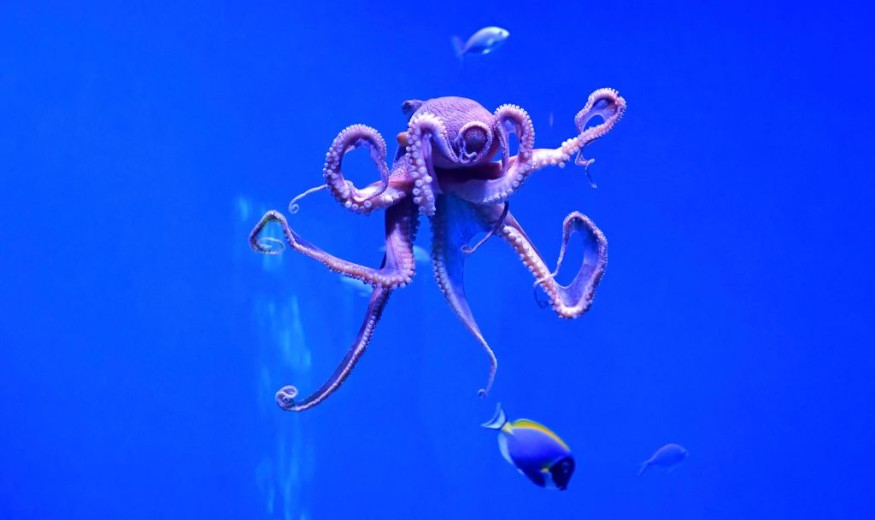Earliest surviving progenitor of octopuses were recently uncovered in Montana in version of a roughly 330m-year-old fossil
With squid like filaments elongating from their unique multichambered casings, the obsolete deep water wild creatures widely recognized as ammonites had been one of the most efficient and effective, as well as diversified creatures on the planet.
Discovery of Octopus Fossils Prior To Dinosaurs Epoch

Archaeologists have discovered over 10,000 life forms among fossilized remains practically all across on the earth where seas once took place, from the Great Plains of North America to the Himalayan foothills and Antarctic glaciers.
Ammonite is a common English word for ammonoids, a huge and numerous collections of organisms that evolved throughout the Devonian epoch, which apparently started around 416 million years ago. Ammonoids are linked to other cephalopods like squid, octopuses, and cuttlefish, and they are the ancestors of the contemporary sea anemone.
True ammonites, on the other hand, are a wonderful product of ammonoids which somehow really do not develop there till roughly 200 million years ago, during the Jurassic era.
Researchers had already discovered the earliest surviving progenitor of octopuses - a 330-million-year-old fossil discovered in Montana. Today, the experts found that the prehistoric organism managed to survived decades or centuries sooner than fairly recently thought, implying that octopuses existed even before the dinosaur epoch.
The 4.7-inch or approximately 12 in centimeter specimen which was most likely found in a subsurface tropical marine estuary, features ten appendages, each of which has two rows of suckers, wherein the contemporary octopuses have eight.
As what paleontologist Mike Vecchione of the Smithsonian National Museum of Natural History who has not been engaged in the research told the reporters of The Guardian, the soft cartilage fossil evidence is extremely hard to obtain, apart from a just several geographical locations.
Experts and researchers alike subsequently told that the discovery was indeed really an interesting find as it traces our ancestors considerably further beyond than initially assumed. The particular species was excavated in Montana's Bear Gulch limestone deposit in 1988 and presented to Canada's Royal Ontario Institute.
Experts Claim Octopuses are Older than Dinosaurs
The 330-million-year-old Syllipsimopodi specimen from Montana's Bear Gulch Formation, which itself is housed in the Royal Ontario Museum's Invertebrate Paleontology holdings.
For hundreds of years, the specimen lounged unnoticed in a filing cabinet while astrophysicists did study those certain reveals from the premises, including fossil sharks. However, zoologists discovered ten small appendages buried in limestone.
The highly maintained fossil furthermore demonstrates a few really scientific proofs of an ink sac, which was presumably often utilized to squirt out such a mysterious solvent shroud to lend a hand circumvent wild animals, very much like contemporary octopuses, this is according to an American Natural history Museum scientist as well as co-author of the research reported Tuesday in the journal Nature Communications, Mr. Christopher Whalen.
The species, dubbed a vampyropod, is thought to be the progenitor from both current octopuses and vampire squids, a perplexingly termed aquatic monster that is more closely related to an octopus than a squid.
The earliest living definite vampyropod was discovered approximately 240 million years ago, according to the scientists. In the news article posted by The New York Times, the investigators dubbed the specimen Syllipsimopodi bideni honoring President Joe Biden.
Regardless to whether owning an antique octopus - or vampire squid - carrying your title is a tribute, the academics said they meant appreciation for the president's exploration and innovation initiatives.
© 2026 NatureWorldNews.com All rights reserved. Do not reproduce without permission.





